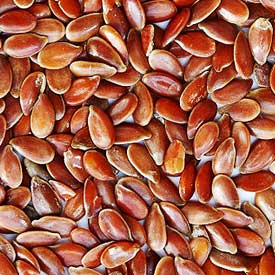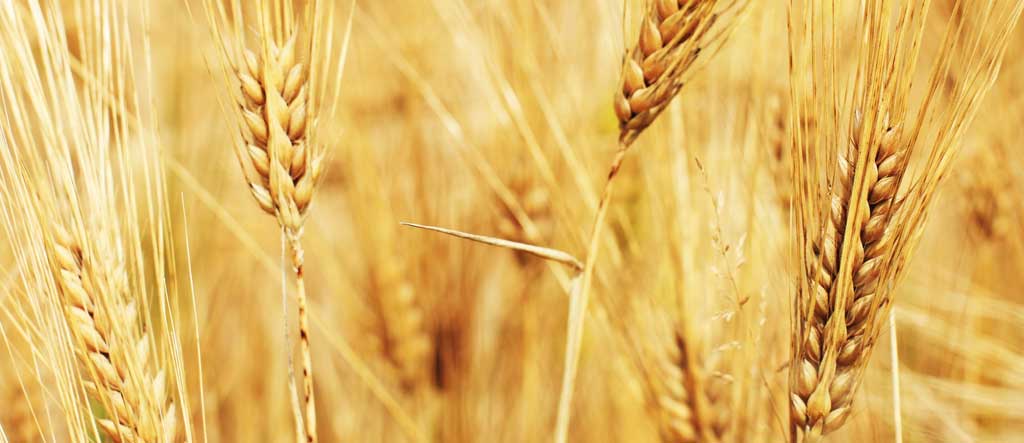 There are two types of dietary fibre: soluble and insoluble. Soluble fibre dissolves as it is digested. It absorbs fluids, which can delay stomach emptying and relieve diarrhoea, stabilise blood sugars, regulate cholesterol and sustain energy. Oats and psyllium seed husks are high in soluble fibre. Chia seeds are among the richest sources of soluble fibre.
There are two types of dietary fibre: soluble and insoluble. Soluble fibre dissolves as it is digested. It absorbs fluids, which can delay stomach emptying and relieve diarrhoea, stabilise blood sugars, regulate cholesterol and sustain energy. Oats and psyllium seed husks are high in soluble fibre. Chia seeds are among the richest sources of soluble fibre.
To keep the bowels clean and healthy we need both soluble and insoluble fibre in our daily diet. Soluble fibre-rich foods, such as fruits and vegetables and insoluble fibre in grains, help to slow down digestion and transit time. Insoluble fibre does not break down during digestion, it absorbs water and adds bulk resulting in softer stools. Dietary fibre can help to speed the elimination of metabolic waste and toxins from the body. It also creates a sense of fullness and assists with weight loss. Dark leafy greens are an excellent source of insoluble fibre as well as B and K vitamins, and can provide all the calcium you need.
The benefits of fibre-rich foods include:
- Reduce hunger pangs and help to balance sugar levels by retaining glucose.
- Can help to reduce cholesterol build-up.
- Promote the growth of good bacteria in the gut.
- Help to eliminate free radicals and reduce irritation of the mucous membrane of the intestine.
- Keeps the bowels healthy and clean.
Drink more water when increasing dietary fibre and get a mix of both soluble and insoluble fibre daily.
Flax seeds and oats are rich in both soluble and insoluble fibre. All fruits, vegetables, nuts, seeds, legumes, and sprouted grains are fibre-rich and should constitute about 45% of your daily intake. To sum up:
- Eat wholegrains: opt for brown rice, bread, etc. over white rice, bread, etc.
- Eat wholefoods: fruit and vegetables, beans, nuts, seeds, and psuedo-grains such as quinoa, millet, buckwheat and amaranth.
- Avoid refined sugary foods, overly-processed foods and over-cooked foods.
- Sip water throughout the day.
